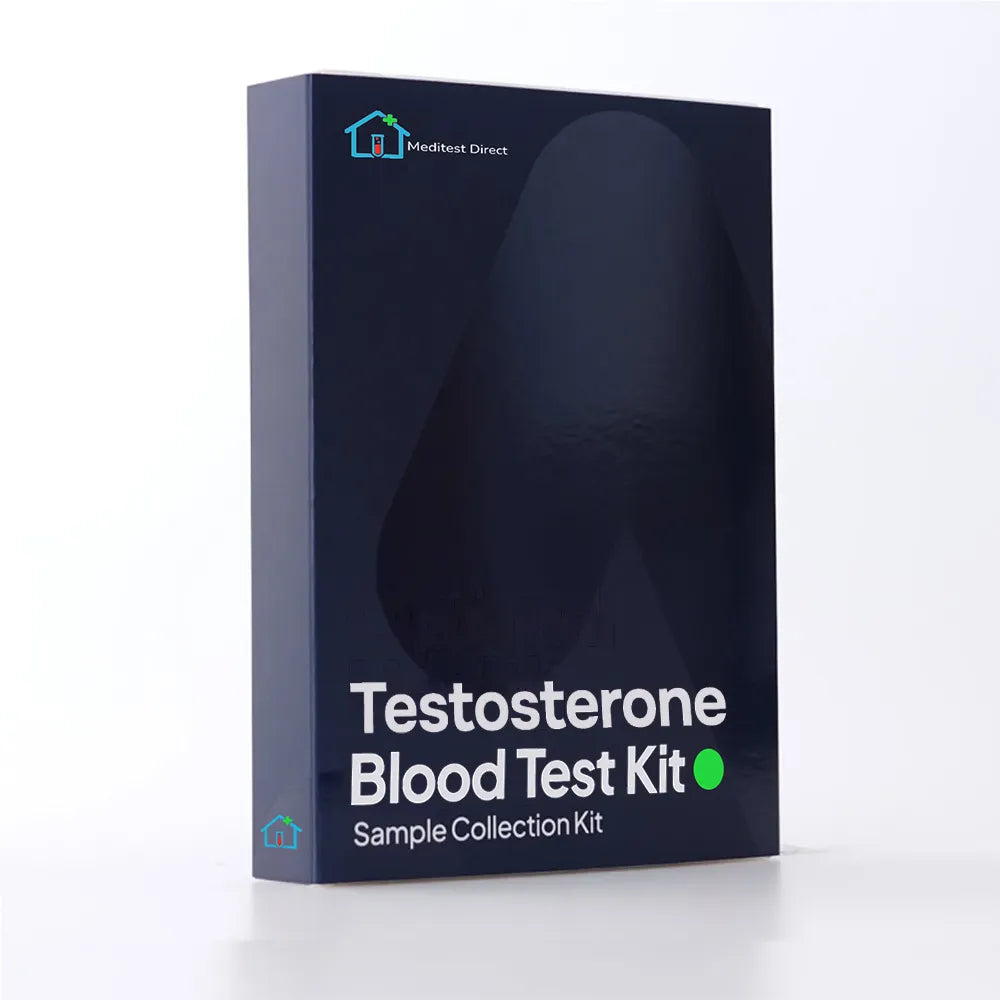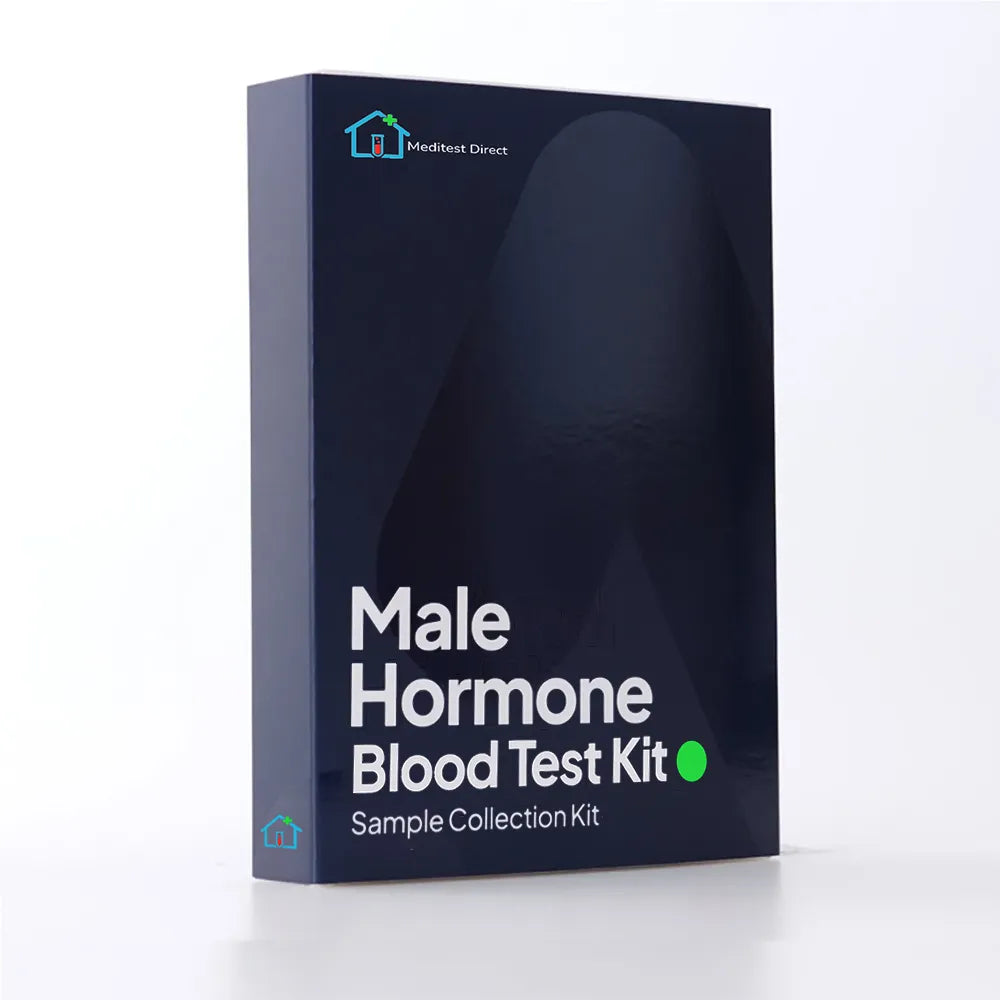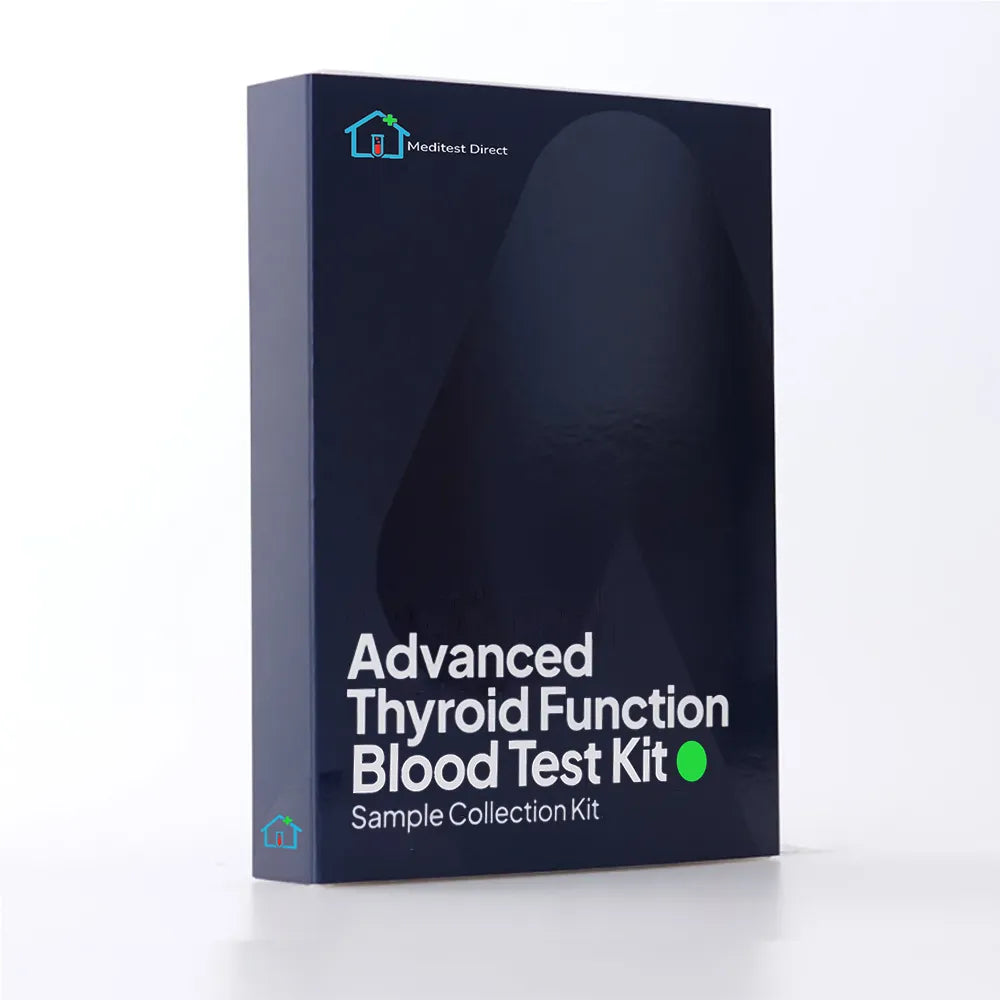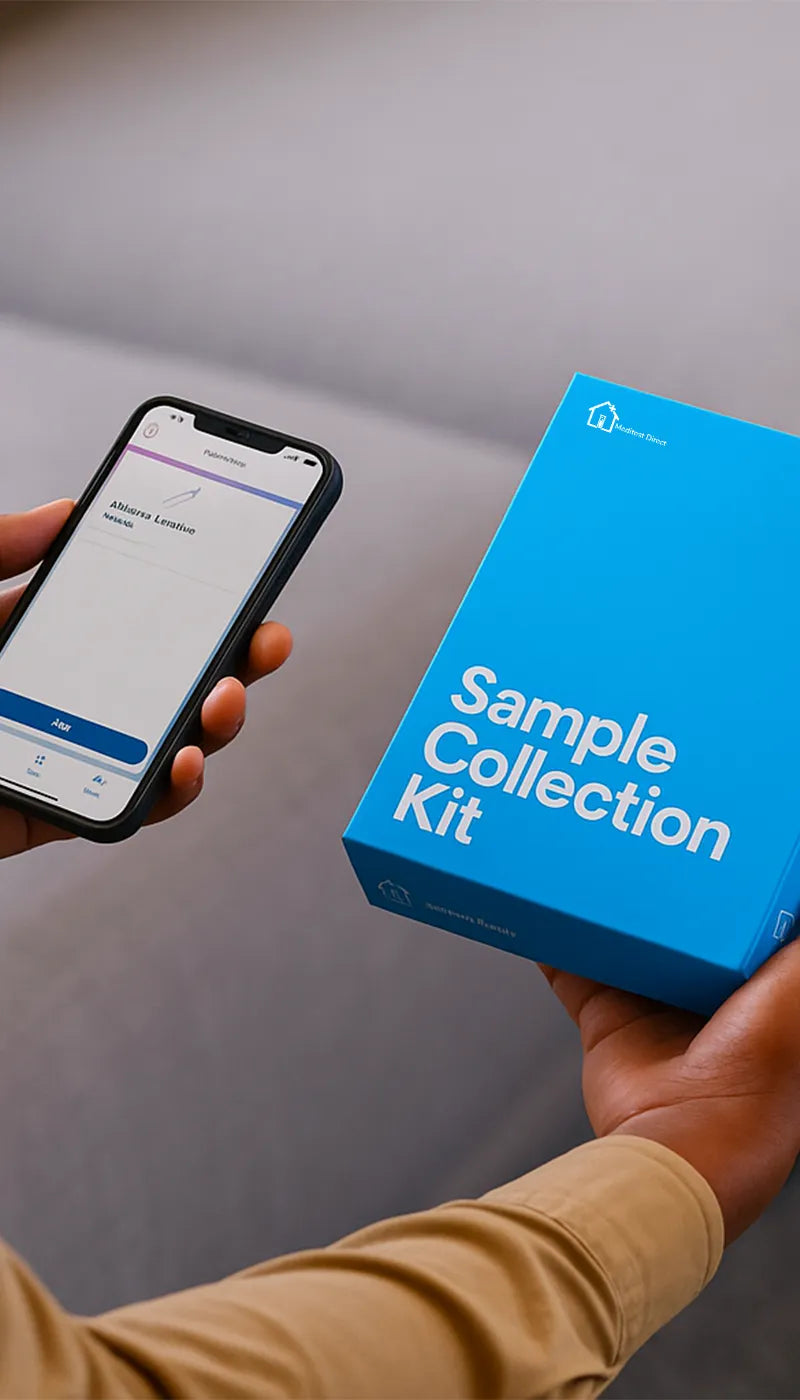This product is a home blood test kit that evaluates key nutritional biomarkers to help you understand how well your diet supports your body. It measures vitamins, minerals, and metabolic markers to reveal potential deficiencies or imbalances, enabling you to make more informed dietary and lifestyle decisions.
Why choose this product
-
Provides insight into essential nutrients, including vitamins and minerals
-
Helps identify gaps in your nutrition that may affect energy, immunity, or well-being
-
Convenient home sampling, with results processed in certified laboratories for accuracy and reliability
Important information
-
This product is for informational purposes only and is not intended to diagnose, treat, or prevent any medical conditions
-
Results should be reviewed with a qualified healthcare professional
-
All samples are analysed by UKAS-accredited laboratories










